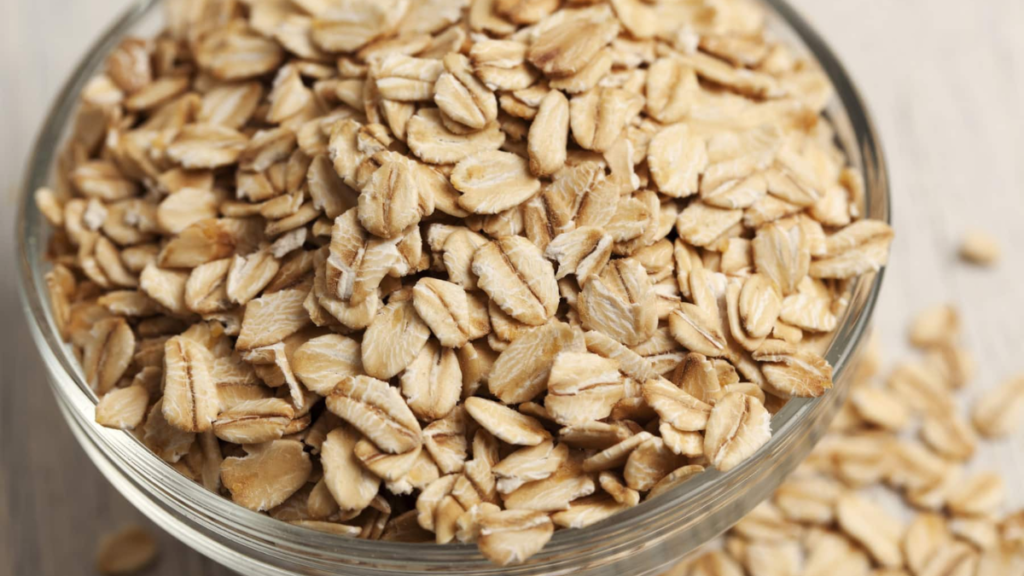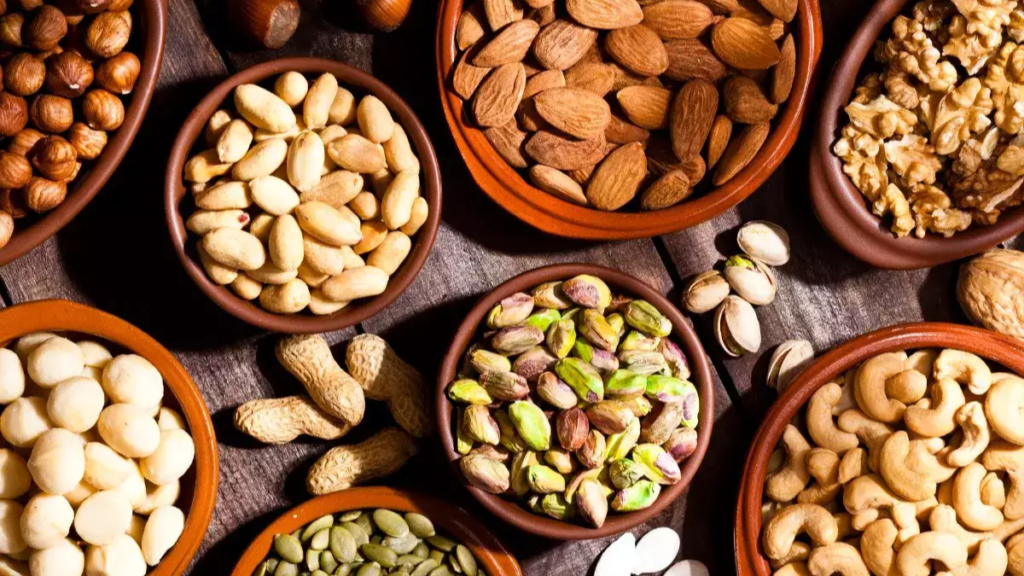Introduction:
Maintaining a healthy heart is crucial for overall well-being and longevity. While regular exercise and avoiding harmful habits like smoking are vital, the food we eat plays a significant role in supporting cardiovascular health. Incorporating heart-healthy foods into your diet can reduce the risk of heart disease and improve your quality of life. Here are some of the best foods to keep your heart in top shape.
1. Oats and Whole Grains

Oats are rich in beta-glucan, a type of soluble fiber that can help lower cholesterol levels. Whole grains such as brown rice, quinoa, barley, and whole wheat provide essential nutrients like fiber, vitamins, and minerals, which can help regulate blood pressure and improve heart health.
How to incorporate:
- Start your day with a bowl of oatmeal topped with fresh fruits.
- Swap refined grains for whole grains in your meals.
2. Fatty Fish

Fish such as salmon, mackerel, sardines, and trout are excellent sources of omega-3 fatty acids. These healthy fats can lower triglycerides, reduce inflammation, and decrease the risk of arrhythmias.
How to incorporate:
- Aim to eat at least two servings of fatty fish per week.
- Add grilled or baked fish to salads or serve with a side of vegetables.
3. Berries

Berries like blueberries, strawberries, raspberries, and blackberries are packed with antioxidants, fiber, and vitamins. These nutrients help reduce oxidative stress and inflammation, both of which are linked to heart disease.
How to incorporate:
- Add berries to your morning cereal or yogurt.
- Enjoy them as a healthy snack or in smoothies.
4. Nuts and Seeds

Nuts (such as almonds, walnuts, and pistachios) and seeds (such as chia, flax, and hemp) are rich in healthy fats, protein, fiber, and various vitamins and minerals. They can help lower bad cholesterol (LDL) and improve blood vessel function.
How to incorporate:
- Enjoy a handful of nuts as a snack.
- Sprinkle seeds on salads, yogurt, or oatmeal.
5. Leafy Green Vegetables

Leafy greens like spinach, kale, and Swiss chard are high in vitamins, minerals, and antioxidants. They are particularly rich in vitamin K, which helps protect arteries and promote proper blood clotting.
How to incorporate:
- Include a serving of leafy greens in your daily meals.
- Add them to smoothies, salads, or as a side dish.
6. Avocados

Avocados are an excellent source of monounsaturated fats, which can help lower bad cholesterol levels and reduce the risk of heart disease. They also contain potassium, a mineral essential for maintaining healthy blood pressure.
How to incorporate:
- Add slices of avocado to your sandwiches or salads.
- Make guacamole as a healthy dip.
7. Legumes

Beans, lentils, and chickpeas are rich in fiber, protein, and essential nutrients. They can help reduce blood pressure, lower cholesterol levels, and improve overall heart health.
How to incorporate:
- Use beans in soups, stews, and salads.
- Substitute meat with legumes in various dishes.
8. Dark Chocolate

Dark chocolate with a high cocoa content (70% or more) is rich in antioxidants known as flavonoids, which can help improve heart health by lowering blood pressure and improving blood flow.
How to incorporate:
- Enjoy a small piece of dark chocolate as an occasional treat.
- Add cocoa powder to smoothies or oatmeal.
9. Tomatoes

Tomatoes are high in potassium and lycopene, an antioxidant that has been linked to reduced levels of LDL cholesterol and lower risk of heart disease.
How to incorporate:
- Add fresh tomatoes to salads and sandwiches.
- Use tomato-based sauces for pasta and other dishes.
10. Olive Oil

Extra-virgin olive oil is rich in monounsaturated fats and antioxidants. It can help reduce inflammation, lower blood pressure, and improve cholesterol levels.
How to incorporate:
- Use olive oil as a dressing for salads.
- Cook with olive oil instead of butter or other unhealthy fats.
Conclusion
Incorporating these heart-healthy foods into your diet can make a significant difference in your cardiovascular health. Remember, a balanced diet combined with regular exercise and a healthy lifestyle is key to maintaining a strong and healthy heart. Start making small changes today to reap the long-term benefits for your heart and overall well-being.











